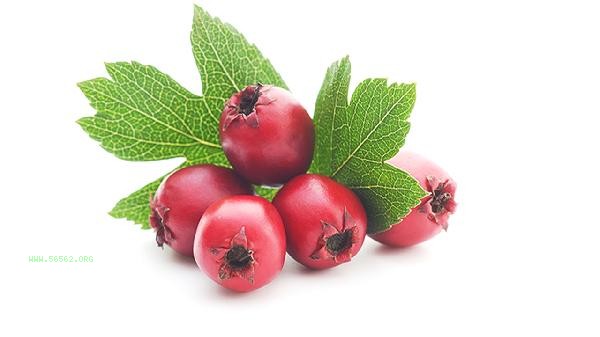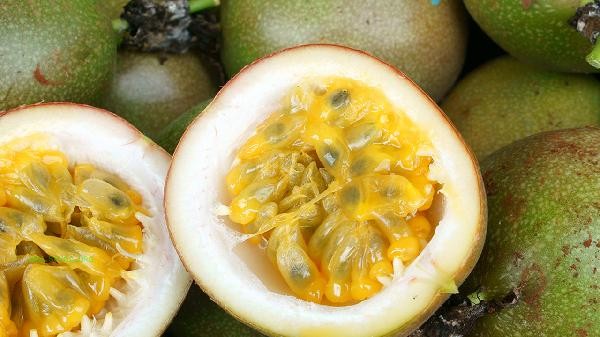Food wax on fruits generally does not pose a threat to human health, but industrial wax may contain harmful substances. The wax on the surface of fruits mainly includes three types: natural fruit wax, artificial edible wax, and industrial wax. Among them, natural fruit wax and artificial edible wax that meet standards can be safely consumed, while industrial wax needs to be cautious.

Natural fruit wax is a protective substance secreted by fruits themselves, such as the wax layer on the skin of apples, pears, etc. The main components are higher fatty acids and esters, which can help lock in moisture and resist microbial invasion. This type of wax is closely bound to fruits, and normal cleaning and consumption will not affect health. Artificial edible wax is mostly extracted from natural materials such as beeswax and palm wax, and is licensed for use according to national food safety standards. It is commonly used for the preservation of citrus fruits, and its adhesion is strictly controlled within a safe range. Even if ingested in small amounts, it will be metabolized and excreted by the human body.

Industrial wax may contain heavy metals or mineral oil components, and long-term intake may cause irritation to the gastrointestinal mucosa and even affect liver metabolic function. This type of wax has a pungent odor and is often used for illegal processing of low-quality fruits. If symptoms such as nausea and abdominal pain occur after ingestion, it is recommended to stop eating immediately and rinse your mouth with plenty of water. When making a purchase, you can observe whether the wax layer is uniform and glossy. If white powder appears when lightly scraping with your nails, be alert.

When handling fruits with wax in daily life, first soak them in warm water to soften the wax layer, then gently brush the skin with a soft bristled brush. For citrus fruits, peel them first before consumption. Special populations such as children, pregnant women, or those with sensitive digestive systems are recommended to prioritize organic certified or peeled fruits for consumption. If abnormal stickiness or chemical odor is found on the fruit skin, it should be avoided from purchase and consumption. Maintaining dietary diversity and moderate intake of different types of fruits can reduce the probability of accumulating a single risk substance.








Comments (0)
Leave a Comment
No comments yet
Be the first to share your thoughts!